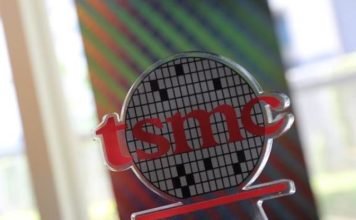Telecom Lead America: Mobile service provider Sprint is expanding 4G / LTE network in 28 additional cities.
The deployment is part of Sprint’s Network Vision strategy.
“We’re committed to providing improved 3G and 4G LTE as quickly as possible, and keeping our customers informed as to when and where they can experience the new network’s superior performance and speed,” said Bob Azzi, senior vice president-Network, Sprint.
Sprint said during the pre-launch phase, Sprint customers with capable devices may see 4G LTE coverage in these areas.
The company’s Network Vision enables the mobile operator to enhance voice quality. Sprint customers in upgraded areas are benefiting from better performance on their smartphones, mobile broadband connection cards and mobile hotspots when using the Sprint 4G LTE and 3G networks.
4G LTE network will be added in additional areas: Albany, GA; Anderson, SC; Bay City, MI; Branson, MO; Bremerton/Silverdale, WA; Columbus, GA; Columbus, MS; Decatur, AL; Florence/Muscle Shoals, AL; Gadsden, AL; Gaffney, SC; Gettysburg, PA; Glasgow, KY; Homosassa Springs, FL; Hot Springs, AR; Lake City, FL; Lake Havasu City/Kingman, AZ; Midland, MI; Nacogdoches, TX; Opelousas/Eunice, LA; Oxford, MS; Paris, TX; Pittsfield, MA; Saginaw, MI; Spartanburg, SC; The Villages, FL; Waycross, GA and Winona, MN.
Ultimately, Sprint’s 4G LTE coverage is expected to largely match the existing nationwide 3G footprint.
Sprint has announced nearly 200 markets where Sprint 4G LTE is on its way.
Sprint introduced its all-new 4G LTE network in July 2012 and currently offers service in 49 cities. As part of its overall Network Vision strategy, Sprint is also doing a complete overhaul of its 3G infrastructure so that customers can enjoy better wireless signal strength, in-building coverage, and fewer dropped/blocked calls.
With these enhancements to Sprint’s 3G network, the company’s prepaid customers, on Virgin Mobile and Boost Mobile, will also benefit and can expect to see better coverage, improved network reliability and voice quality resulting in up to 20 to 30 percent fewer dropped and blocked calls.






